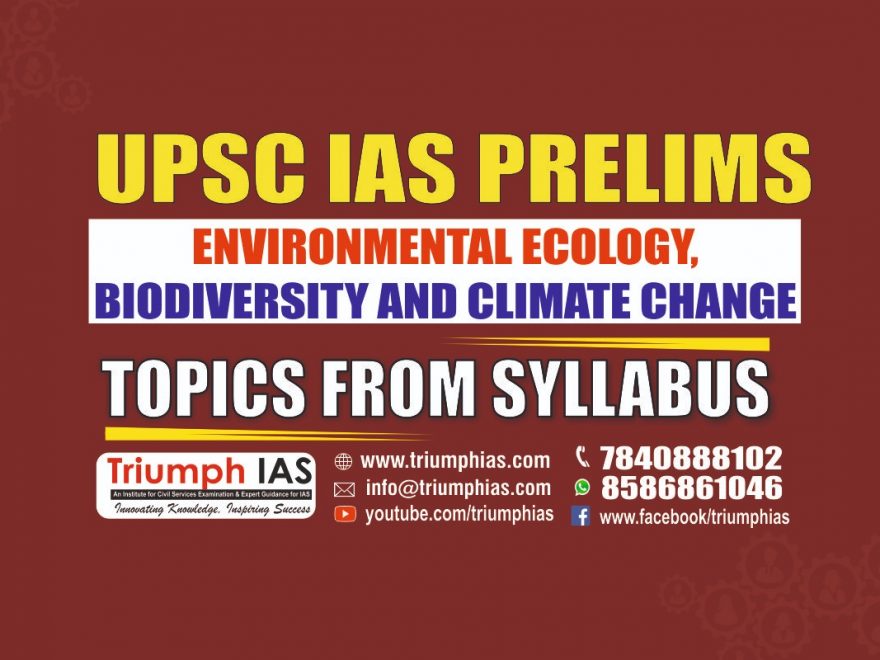Relevance: Prelims/Mains: G.S paper II: International: G.S paper III: Environment
CONTEXT
• The International Energy Agency (IEA) published a new plan for governments worldwide that outlines policies and investments for making energy systems cleaner and more resilient.
• The plan will focus on a series of actions that can be taken over the next three years by governments around the world.
• The largest portion of the millions of new jobs created through the Sustainable Recovery Plan would be in retrofitting buildings to improve energy efficiency and in the electricity sector, particularly in grids and renewables.
What is International Energy Agency?
• The IEA is an autonomous body within the Organization for Economic Co-operation and Development, or OECD, framework.
• The governing board is the main decision-making body of the IEA, composed of energy ministers or their senior representatives from each member country.
• Headquartered in Paris, France IEA was established in November 1974.
• It has 30-member state and Fatih Birol is the executive director.
• The IEA acts as a policy adviser to its member states, but also works with non-member countries, especially China, India, and Russia.
• The Agency’s mandate has broadened to focus on the “3Es” of effectual energy policy: energy security, economic development, and environmental protection.
• IEA member countries are required to maintain total oil stock levels equivalent to at least 90 days of the previous year’s net imports.
• About a third of the IEA’s spending is financed by voluntary contributions, most of which are from government sources. It also receives funding from private sources and contributions in kind, especially staff on loan.
What does the special report say?
• The new IEA energy employment database shows that in 2019, the energy industry – including electricity, oil, gas, coal and biofuels – directly employed around 40 million people globally.
• The analysis estimates that 3 million of those jobs have been lost or are at risk due to the impacts of the Covid-19 crisis, with another 3 million jobs lost or under threat in related areas such as vehicles, buildings and industry.
• The recommendations promise to save or create approximately 9 million jobs per year, with the greatest number in building retrofitting for energy efficiency, and in the electricity sector.
• The Sustainable Recovery Plan also seeks to avoid the kind of rebound effect which occurred after the 2008/2009 recession, claiming that it would stimulate economic growth while achieving annual energy-related greenhouse gas emissions which would be 4.5 billion tonnes lower in 2023 than they would be otherwise, decreasing air pollution emissions by 5%, and thus reducing global health risks.
For more such notes, Articles, News & Views Join our Telegram Channel.
Click the link below to see the details about the UPSC –Civils courses offered by Triumph IAS. https://triumphias.com/pages-all-courses.php
